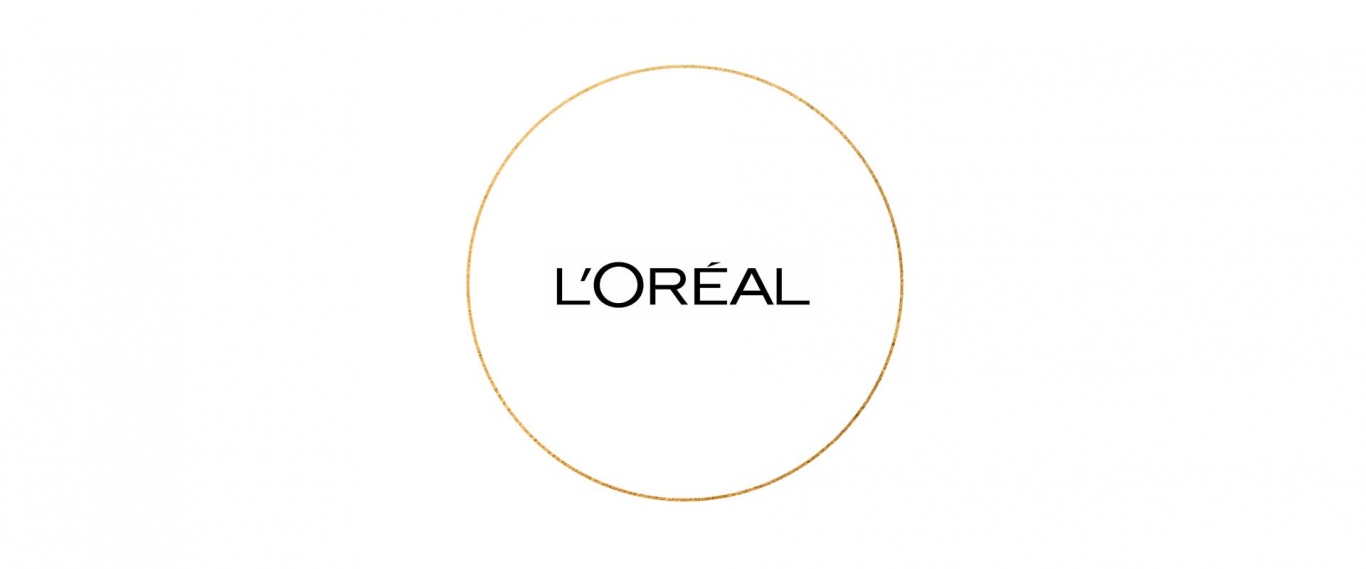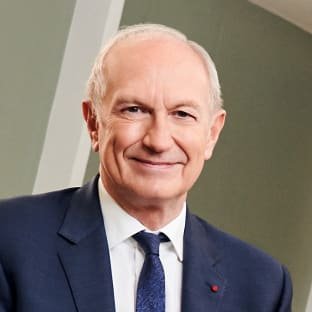
A worldwide solidarity purchasing programme to advance social inclusion
The L'Oréal Solidarity Sourcing programme promotes social inclusion by helping economically vulnerable people find work and an income in France and countries where the Group operates.
In 2010 L'Oréal initiated the Solidarity Sourcing programme inspired by The Body Shop's sustainable development and fair trade values. The Solidarity Sourcing programme is a comprehensive approach implemented worldwide that has enabled 14,000 people to find work with the Group's suppliers and partners.
L'Oréal's Solidarity Sourcing opens the Group's purchasing process to new categories of suppliers who for example have trouble accessing major contractors or employ people who are usually left out of the job market. The Group's 600 buyers accompany and support these companies in their economic development so that they are considered regular suppliers like any other.
The Solidarity Sourcing programme reaches out to fair-trade producers, companies working for the inclusion of disabled people, companies promoting social integration, very small, small and mid-sized businesses and minority-owned companies (depending on local law).
"I am convinced that an economically successful company must have a positive social and societal impact," said Jean-Paul Agon Chairman and CEO L'Oréal. "This is the purpose behind the Solidarity Sourcing programme whose goal is to use our purchasing power as a leverage to advance social inclusion. By associating new categories of suppliers, our business model further integrates these social values."
Projects around the world
Headed by Chea Lun, Director Solidarity Sourcing, the solidarity purchasing programme is deployed in all the countries where the Group operates.
In China for example, Solidarity Sourcing supported the establishment of sub-contractor Ruo Lin, a subsidiary of Servigest in Spain which sub-contracts packaging and employs disabled people. Ruo Lin employs today 32 people.
In France, the Solidarity Sourcing programme is involved in the modernisation and expansion of L'Oréal headquarters in Clichy. Construction companies agreed to earmark 5% of their working hours to employ people who have disabilities, young people without qualifications and people who have been unemployed for over a long period of time. In coordination with the "Maison de l'Emploi" in Clichy, L'Oréal set up a one-stop recruiting centre and implemented new sub-contracting clauses on behalf of organisations, companies promoting social integration, companies working towards integrating disabled people, and very small local businesses.
"The fight against exclusion is a concern shared throughout all continents, North and South," says Chea Lun Programme Director. "It's a major social issue that involves emerging countries just as much as the developed economies."
About L'Oréal
L'Oréal, the world's leading beauty company, has catered to all forms of beauty in the world for over 100 years and has built an unrivalled portfolio of 27 international, diverse and complementary brands. With sales amounting to 20.3 billion euros in 2011, L'Oréal employs 68,900 people worldwide. Regarding sustainable development, Corporate Knights, a Global Responsible Investment Network, has selected L'Oréal for its 2012 ranking of the Global 100 Most Sustainable Corporations in the World. L'Oréal has received this distinction for the 5th consecutive year. www.loreal.com
Key figures
- Project budgets: between 35,000 and three million euros
- 14,000 people receive a direct income
- Approximately 100 initiatives in over 40 countries
- L'Oréal group brands, including The Body Shop, have registered €50 million in solidarity purchases so far.
June 14, 2012



